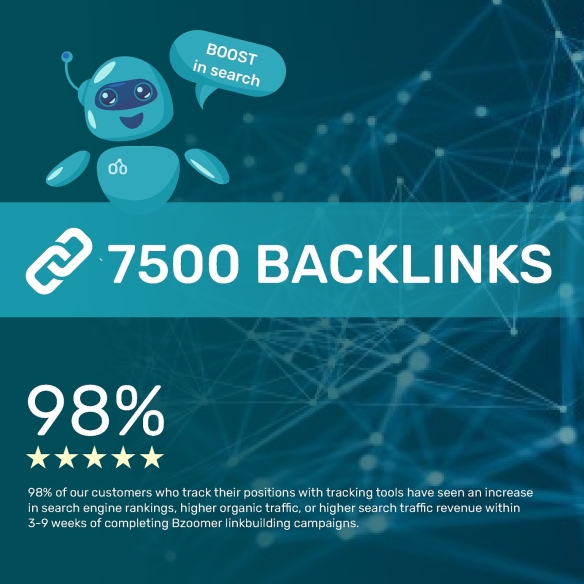In today's rapidly evolving digital landscape, artificial intelligence (AI) is at the forefront of transforming business operations. From automating routine tasks to providing personalized customer experiences, AI agents and platforms are becoming indispensable tools for organizations striving to stay competitive. This article explores the various facets of AI agents, the platforms that support their development, and their specific applications in sales and customer support.
1. Understanding AI Agents
AI Agents are autonomous software entities designed to perform specific tasks by perceiving their environment, making decisions, and executing actions to achieve defined goals. These agents leverage machine learning, natural language processing, and data analytics to interact with users and systems seamlessly.
Key Characteristics of AI Agents:
- Autonomy: Ability to operate without constant human intervention.
- Adaptability: Learns and improves from interactions and data over time.
- Interactivity: Engages with users through various channels like chat, voice, or email.
- Goal-Oriented: Focused on achieving specific objectives, such as increasing sales or enhancing customer satisfaction.
2. The Role of AI Platforms
An AI Platform serves as the foundational infrastructure that facilitates the development, deployment, and management of AI agents. These platforms provide essential tools, frameworks, and services that streamline the creation of intelligent applications.
Components of an AI Platform:
- Development Tools: Integrated development environments (IDEs), APIs, and SDKs for building AI models.
- Data Management: Solutions for data storage, processing, and analysis to train AI agents effectively.
- Deployment Services: Cloud-based or on-premises options for deploying AI agents at scale.
- Monitoring and Analytics: Tools to track performance, gather insights, and optimize AI agents continuously.
Popular AI Platforms:
- Google AI Platform: Offers robust machine learning tools and scalable infrastructure.
- Microsoft Azure AI: Provides a comprehensive suite of AI services, including cognitive APIs and machine learning.
- IBM Watson: Known for its natural language processing and data analysis capabilities.
3. Building AI Agents: A Step-by-Step Guide
Creating effective AI agents involves several stages, from conceptualization to deployment and maintenance. Here's a streamlined approach to building AI agents:
a. Define Objectives:
- Identify the specific tasks and goals the AI agent is intended to achieve, such as automating customer inquiries or generating sales leads.
b. Gather and Prepare Data:
- Collect relevant data that the AI agent will use to learn and make decisions. Ensure data quality and relevance to the agent's objectives.
c. Choose the Right Technology:
- Select appropriate machine learning algorithms, natural language processing tools, and other technologies that align with the agent's functions.
d. Develop and Train the Model:
- Build the AI model and train it using the prepared data. This step involves iterative testing and refinement to enhance accuracy and performance.
e. Integrate with Existing Systems:
- Ensure the AI agent can interact seamlessly with existing software, databases, and communication channels within the organization.
f. Deploy and Monitor:
- Launch the AI agent and continuously monitor its performance. Use analytics to make data-driven improvements and address any issues promptly.
4. AI Sales Agents: Driving Revenue Growth
AI Sales Agents are specialized AI agents designed to assist in the sales process, from lead generation to closing deals. They enhance the efficiency and effectiveness of sales teams by automating repetitive tasks and providing actionable insights.
Benefits of AI Sales Agents:
- Lead Qualification: Automatically identify and prioritize high-potential leads based on predefined criteria.
- Personalized Outreach: Craft tailored messages and recommendations for prospects, increasing engagement rates.
- Sales Forecasting: Analyze trends and data to predict future sales performance and inform strategic decisions.
- Customer Insights: Gather and interpret data on customer behavior and preferences to refine sales strategies.
Use Cases:
- Automated Email Campaigns: Sending personalized follow-up emails to nurture leads.
- Chatbots for Initial Contact: Engaging website visitors and collecting contact information for the sales team.
- CRM Integration: Enhancing customer relationship management systems with intelligent data analysis and recommendations.
5. AI Support Agents: Enhancing Customer Service
AI Support Agents focus on improving customer service by providing timely and accurate responses to inquiries, resolving issues, and enhancing overall customer satisfaction.
Advantages of AI Support Agents:
- 24/7 Availability: Offer round-the-clock support, ensuring customers receive assistance anytime.
- Quick Response Times: Handle multiple queries simultaneously, reducing wait times and improving user experience.
- Consistent Service: Provide standardized answers, minimizing the risk of human error and maintaining service quality.
- Scalability: Easily scale to accommodate increasing customer interactions without significant additional costs.
Applications:
- Chatbots: Engage with customers on websites, social media, and messaging platforms to answer questions and guide them through processes.
- Virtual Assistants: Assist customers in navigating products or services, troubleshooting issues, and managing accounts.
- Automated Ticketing Systems: Streamline the process of logging and addressing customer issues, ensuring timely resolutions.
The integration of AI agents and platforms is revolutionizing the way businesses operate, particularly in the realms of sales and customer support. By leveraging these intelligent tools, organizations can enhance efficiency, drive revenue growth, and deliver exceptional customer experiences. As AI technology continues to advance, the potential applications and benefits of AI agents will only expand, making them essential components of modern business strategies.


